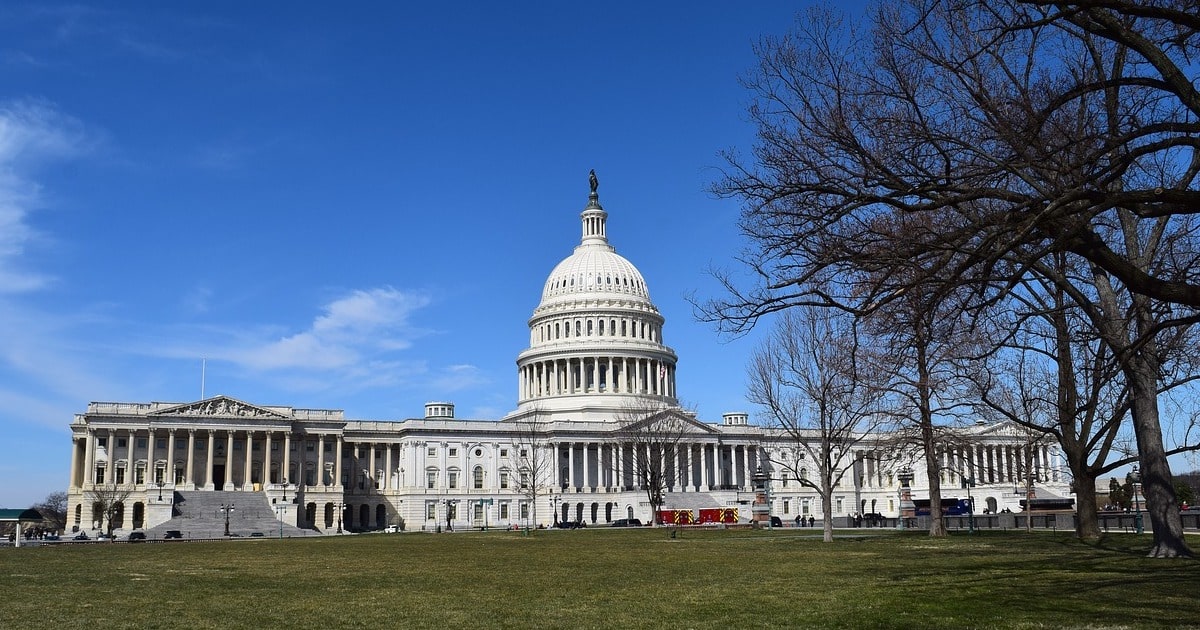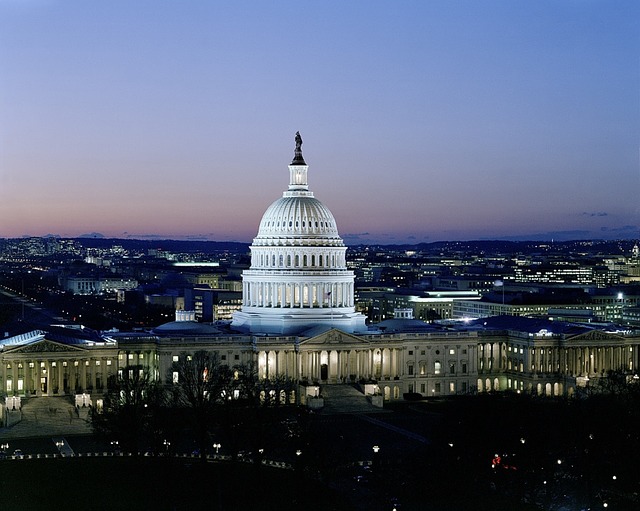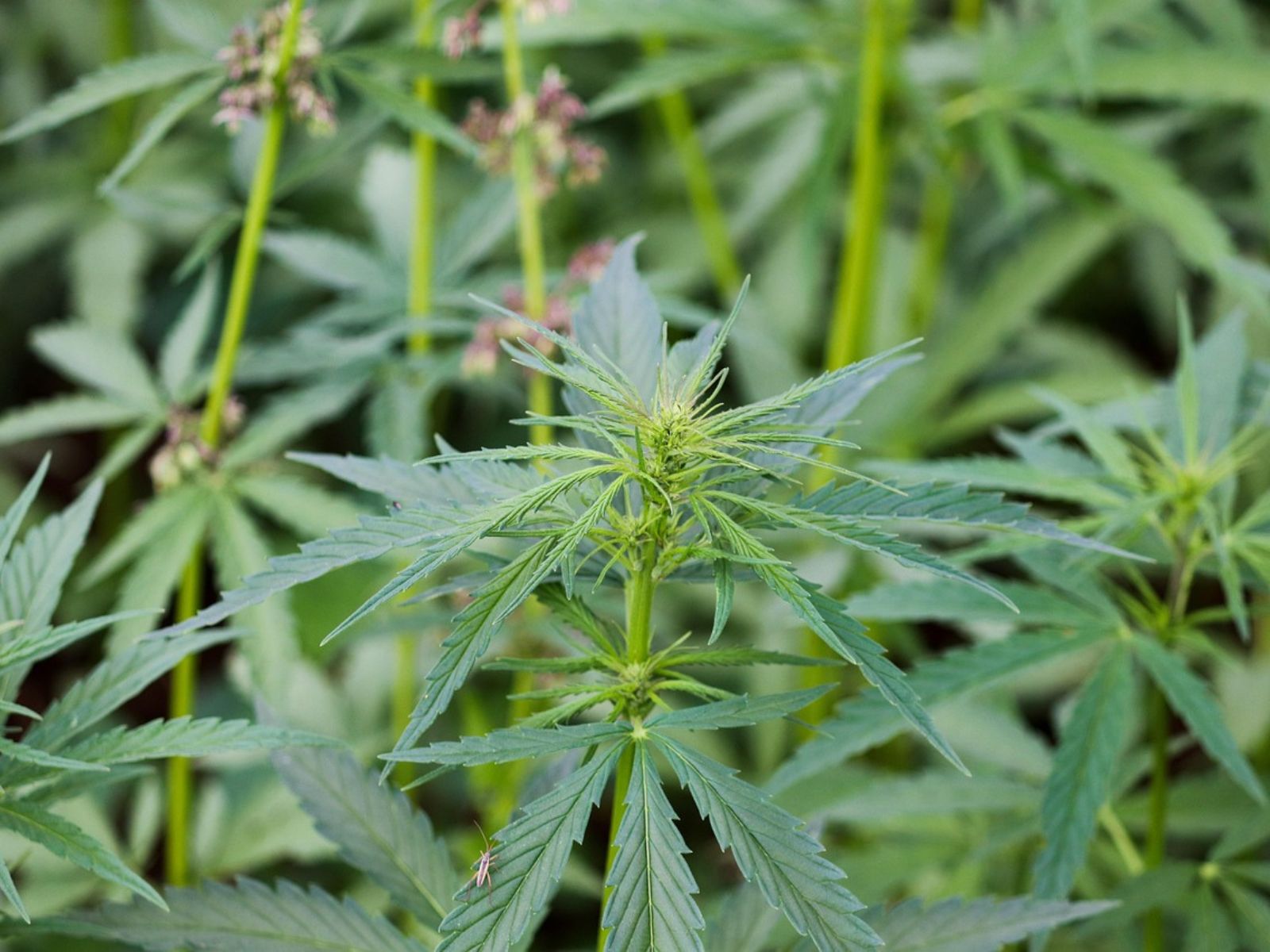
Forbes: U.S. Cannabis Industry Learning from Canada

Forbes: U.S. Cannabis Industry Learning from Canada
All eyes are on Canada as the nation deals with the ups and downs of implementing cannabis commerce regulations for the first time among G7 nations. While the jobs being created and new revenue generated are very welcome, in addition to the social justice benefits, no legalization regime is going to be without issues. Already, cannabis shortages are being experienced and customers are facing long lines as very few licensed stores are open, providing an opening for unregulated sales to undercut the market.
Most troubling is the fact that patients are feeling the brunt of the shortages as well. Individual states, and the U.S. federal government as well, are learning a lot from Canada, and will continue to glean important information, as Uncle Sam moves progressively towards ending prohibition, as Forbes reports:
Legalization of cannabis in Canada will undoubtedly act as a litmus test for the U.S. said Terry Taouss. He is president of Tidal Royalty which connects investors with licensed cultivators, manufacturers, and dispensaries. “The Canadian experience has required co-ordination across all levels of government (federal, provincial, municipal) and it is going to provide a framework” for the U.S. and other countries to see what works and what doesn’t, he said.
Bankers and business people will be watching the finances of Canadian cannabis companies very closely. Richard Batenburg Jr., fund manager at Cliintel Capital Management Group said he expects to see that national legalization will stimulate investment in the industry. From there, access to reasonably priced capital, fair taxation and reasonable banking fees should help businesses stay compliant and provide safe product he said.
***
Cannabis companies in the U.S. have mostly relied on private funding because without federal legalization banks could lose their federal charter for working with a marijuana company. “Banks more than most should be pushing Congress for better guidance on doing business with Cannabis companies through federal legalization,” said Dan Anglin, founder & chief executive of CannAmerica which makes THC-infused gummies.
While the macroeconomic benefits are realized, and hopefully some of the regulatory hurdles are ironed out, Canada will definitely help shape cannabis markets in the U.S. and around the world. Hopefully, Canada’s move to make pardons for cannabis possession easier to obtain becomes just the first step in social justice policies, and will also be mimicked by other nations.
With Vancouver, British Columbia, a regular destination for the International Cannabis Business Conference, no global networking marijuana event is positioned as well to provide the latest information on the Canadian and U.S. cannabis systems. There are a lot of lessons that can be learned from the Great White North today, such as taking advantage of opportunities the Canadian financial markets can open up for U.S. and international companies alike, for instance. In addition to the current lessons, there are insights that can help shape the future as industry participants and advocates lobby policymakers to ensure that individual states and ultimately the United States federal government implement regulations that work for all businesses, big and small, as well as customers and patients.
Attend the next ICBC in San Francisco on February 7-8, to learn the latest about domestic and international cannabis industries and network with top investors and entrepreneurs from across the globe. Get your early-bird tickets for San Francisco by January 18th to save. After San Francisco, the ICBC will head across the pond for a special Barcelona event with Spannabis, just ahead of another two-day landmark event in Berlin. Stay tuned for future dates in Vancouver and more!
Share article
Ticket Prices increase €200
On March 18th

Ticket Prices increase €200
On March 18th

Ticket Prices increase €200
On March 18th
Share article
Join Our Awesome Community
Join Our Awesome Community
Join Our Awesome
Community
Get all the latest industry news
delivered to your inbox







